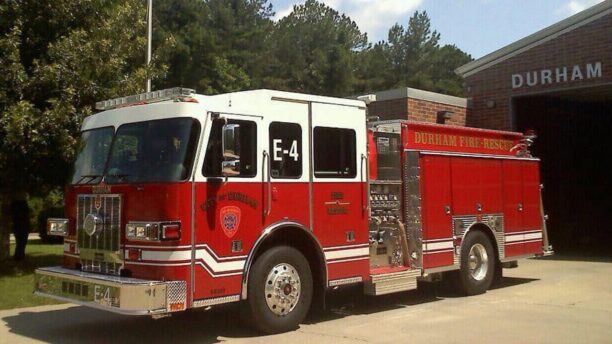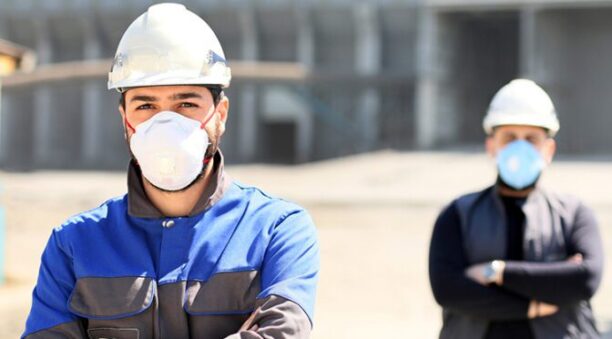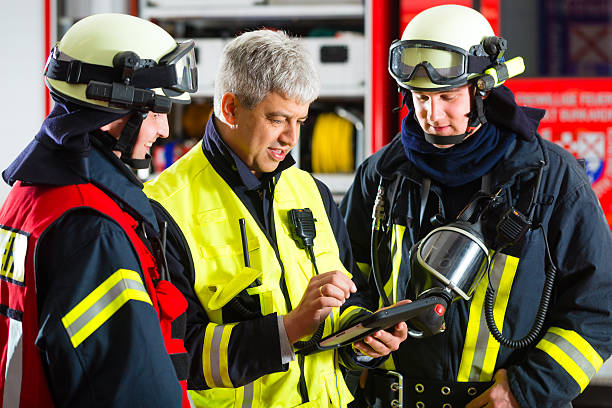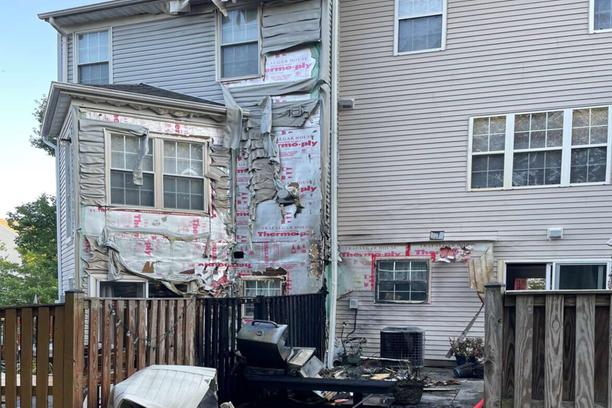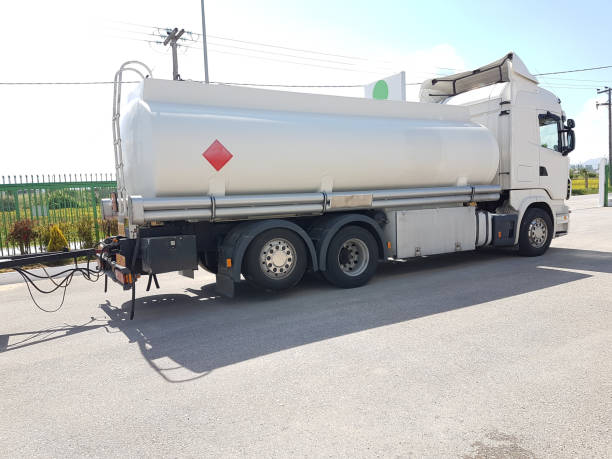There is now a growing concern over the need for qualified drivers and equipment operators. Unfortunately, this strain on the labor market can have a negative impact on safety practices. As propane marketers face the challenge of making do with limited resources, safety precautions may be overlooked, leading to potentially hazardous situations. Emerging Trends and… Continue reading Enhancing Safety Measures On and Around Propane Service Trucks
There is now a growing concern over the need for qualified drivers and equipment operators. Unfortunately, this strain on the labor market can have a negative impact on safety practices. As propane marketers face the challenge of making do with limited resources, safety precautions may be overlooked, leading to potentially hazardous situations.
Emerging Trends and Features
Over the past five years, several advancements in service trucks have significantly impacted operators’ processes. One of the notable influences has been the development of crane controls and aluminum bodies.
Stellar Industries introduced the CDT plus radio remote for service cranes, which allows operators to determine the weight they are lifting accurately. As the crane approaches its maximum capacity, the remote vibrates at a higher frequency, serving as a valuable productivity tool.
Furthermore, Stellar has introduced the first aluminum mechanics and LP crane bodies with aluminum compartments while retaining a steel crane support. This combination reduces weight and increases carrying capacity, enhancing safety for operators.
Safety Benefits of New Features
The radio remote plays a crucial role in operator safety by providing real-time communication about the crane’s remaining capacity. It not only indicates the current load but also informs the operator about the maximum distance they can move the load.
This information helps operators avoid exceeding the crane’s capacity and potential overload shutdowns. Moreover, the system incorporates a temporary capacity increase feature within the crane’s design limits to alleviate overload situations. These advancements contribute to creating a safer working environment for operators.
Customization Advantages for Propane Marketers
Customizing service trucks can cater to the specific requirements of operators involved in specialized tasks. Some operators may need increased tool storage or larger compartments for tubing and hardware.
However, it’s essential to strike a balance when it comes to customization, as excessive modifications can hinder propane fleet management. Customization costs may not always be justified unless they significantly improve the truck’s functionality for the majority of tasks. Additionally, the resale value of service trucks with custom modifications tends to be lower compared to those with standard components.
Available Customization Options
Manufacturers offer a range of customization options, with a focus on internal compartment storage. These modifications can include drawer sets and bolt bins to accommodate tools and parts storage.
Another common customization involves adding generators or power inverters to operate power tools and charge cordless tool batteries. Increasingly, all-in-one power units are being utilized, enabling hydraulic components to be used without running the truck’s engine. This saves fuel and reduces emissions, promoting a greener approach to operations.
Preventive Maintenance and Operational Safety
Preventive maintenance safety concerns primarily revolve around crane inspections. Each service crane, whether in the propane or any other market, requires daily, monthly, quarterly, and annual inspections.
These inspections are crucial because the cranes lift substantial weights and have wear components that need regular inspection, servicing, and replacement. However, it is observed that many customers neglect some of the necessary inspections.
Operational safety concerns often arise due to the lack of crane operators and rigging training. According to the Occupational Safety and Health Administration (OSHA), crane operators handling cranes with a capacity exceeding 2,000 pounds are now required to have certification. Operators must have a comprehensive understanding of crane operation and rigging to avoid property damage or harm to individuals.
Promoting Safety through Leadership
Leadership teams and fleet managers play a vital role in preventing safety issues by prioritizing safety, inspection, and training. Safety practices should be ingrained in the organizational culture. Regularly reviewing inspection logs and making operator training a part of scheduled toolbox talks or standing meetings can significantly improve safety.
Additionally, various tools are available to facilitate training, such as regional sales personnel conducting product demonstrations or a video library demonstrating proper crane operation.
Enhancing Safety and Compliance Resources
Two excellent resources, TankSpotter.com and PropaneSafetyPro.com, are available to further improve safety and compliance in the propane business. Tank Spotter offers a comprehensive solution that reduces risks, increases compliance and safety, and enhances service and sales management. PropaneSafetyPro provides safety training and consulting services to ensure propane firms have the necessary knowledge and expertise to uphold the highest safety standards.
Propane firms can effectively address the challenges in their sector by harnessing technology, adopting visual documentation, and utilizing these essential tools. Prioritizing safety, efficiency, and continuous improvement will safeguard businesses and enhance the overall propane industry.

